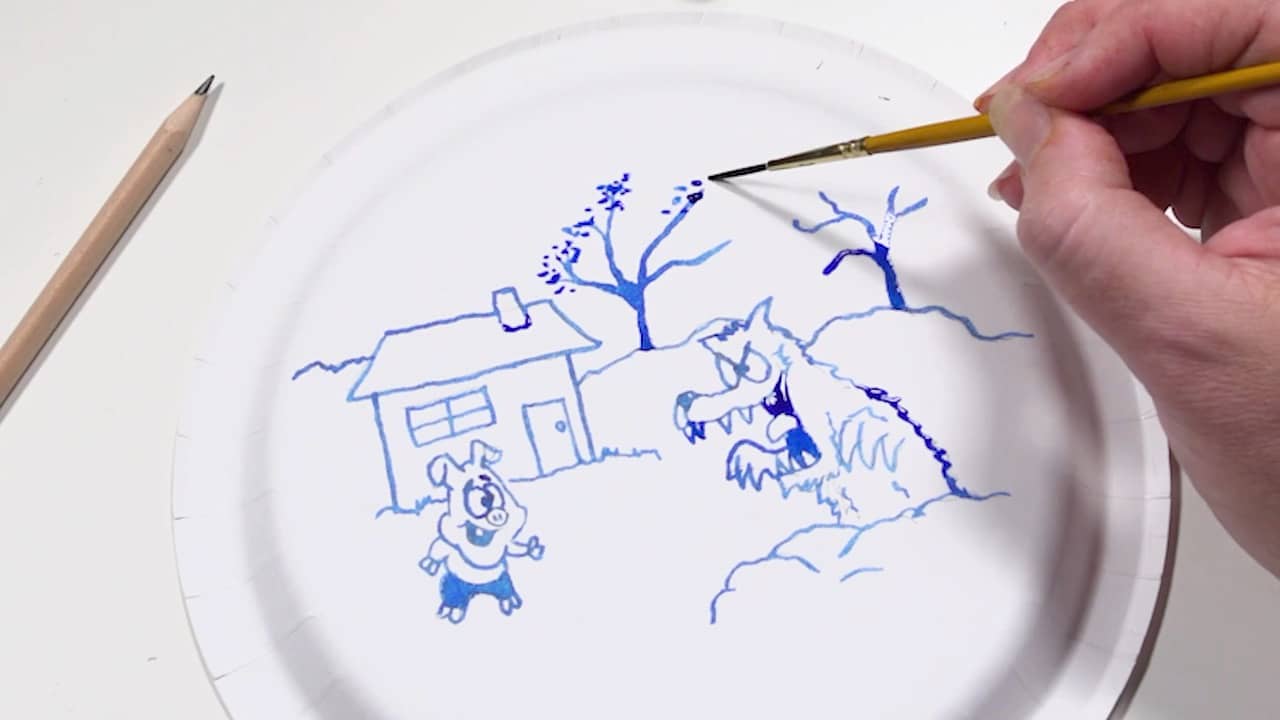17 Inspiring Cross-Curricular World Book Day Activities
Published 20 January 2020 by Kapow Primary
Published 20 January 2020 by Kapow Primary

This blog post has been written by experienced KS2 teacher Zoe.
Why do we care about World Book Day? Well for starters, it’s incredible fun! There’s freedom in it, a little break from your usual class timetable that can bring out your more creative side. It’s about enjoying books and reading with your pupils in a wide variety of ways across the curriculum. It is also about dressing up and you can find lots of easy costume ideas for teachers in our blog post.
We’ve already shared our huge list of ideas for World Book Day activities, but for this post, we’ll be focusing more on the way reading runs through other subjects and how to use this to your advantage when planning your own cross-curricular World Book Day activities.
You already know that exploring images develops children’s literacy skills, so why not delve deeper into an artist’s use of colour or composition to teach children even more about how writers create the desired mood and effects with their words?
Here are some simple art lesson ideas for World Book Day:
We’ve also got a lot more KS1 and KS2 art ideas for your students in our specialist lesson packs if you need some inspiration for the rest of the term too!

For hands-on learners, you could even bring stories to life to captivate more reluctant readers.
Making things children recognise from books creates something real and tangible from what they have only heard about in a story.
Here are some simple Design and technology lesson ideas for celebrating books:
And if you need a little something extra, why not check out the great selection of Design and technology lesson ideas that our team of specialist teachers have prepared for your pupils?

What child doesn’t love creating projects on a computer or tablet?
Not only can children use their digital literacy skills to create ebooks and websites, they can also use multimedia to create videos, which they can edit, and develop their computational thinking skills by exploring story sequencing, using logic to explain which order events happen in.
Here are some quick and easy ICT lesson ideas for World Book Day:
And if you need a little something extra for your class of digital natives, our specialist Computing lesson plans are the ideal way to introduce your children to online safety, computers and hardware.

Everyone loves a good story – whether it’s a book, a play, a piece of art or even a piece of music!
Why not help your pupils create their own stories in a totally new way?
Below are some easy Music activities for World Book Day:
Our specialist primary resources for Music are also a great way of inspiring your pupils all year round while saving time on lesson planning – it’s a win-win!

Reading! Words! Poetry! Learning new language skills.
Help your pupils enjoy the feeling of new words and explore favourite stories in a new language. Added bonus? Learning a different language helps you to understand your own, so watch those literacy skills soar!
Here are some creative ideas for World Book Day around Languages:
Feeling inspired? Why not push your children a little further with our easy to follow KS2 Languages lessons? We guarantee our bite-sized videos will help you develop your language teaching skills as easily as un, deux, trois!
Whether you’re a subject leader, class teacher or an NQT (or all three!), becoming a member of Kapow Primary offers great benefits for all schools including: